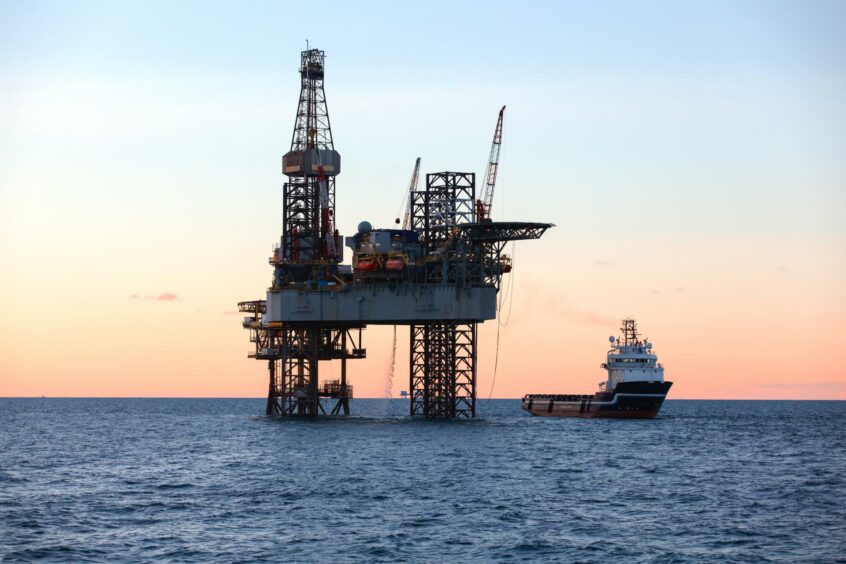 © Supplied by OEUK
© Supplied by OEUK How we use energy and where it comes from have become questions of critical importance – and we are seeing a worrying import gap.
We are confronting a level of global geopolitical uncertainty not seen in most of our lifetimes.
We are witnessing daily impact from global climate change and we are seeing a threat to jobs, communities and livelihoods as we look for ways to tackle sluggish economic growth.
We must make better use of our own North Sea energy assets instead of relying increasingly on foreign imports.
Official statistics show that the UK’s total energy production hit a record low in the third quarter of 2024. More than 40% of total UK energy demand is being supplied from abroad
Yet analysis by Offshore Energies UK using authoritative official sources, shows we can produce 40%-60% more oil and gas from the North Sea than official forecasts suggest.
The independent Climate Change Committee says the UK will need 13bn –15bn boe between now and when we reach our net zero emissions target in 2050.
According to the North Sea Transition Authority, we will produce around four billion boe.
OEUK has used the same authoritative sources to demonstrate that two to three billion more barrels can be produced from the North Sea.
These findings are shown in our 2025 Business Outlook report, published this month.
That same report shows the offshore energy industry supports 200,000 jobs across the United Kingdom and generates around £20 billion a year in revenue.
It points out that imported liquid natural gas (LNG) has a methane profile up to four times higher than North Sea gas.
The import gap between what we produce ourselves and what we need to ship and pipe from abroad is particularly concerning in an increasingly volatile world. We need homegrown energy.
Many energy industry specialists believe we should be able to end use of imported LNG altogether, but meeting even half of the country’s projected demand for oil and gas on our journey towards net zero would add more than £200 billion of value to the UK economy, support highly skilled jobs across the country and meet UK climate goals.
The Business Outlook report also identifies investment opportunities worth around £200 billion for oil, gas, wind, hydrogen and carbon capture development over the next 10 years.
This homegrown energy future is better for our economy, better for our jobs and can be produced with fewer emissions.
The government’s ambition to generate 50GW of electricity from offshore wind is dependent on the same energy supply chain still currently focused on oil and gas.
Latest data from an OEUK survey shows nine out of ten supply chain companies are focusing on opportunities abroad.
It seems perverse to encourage the import of greater levels of oil and gas with a higher carbon footprint at the expense of our own cleaner resources.
It is similarly perverse to encourage the collapse of the energy supply chain, which currently depends on revenue from oil and gas.
Destroying the income stream of supply chain companies ahead of the scale-up of offshore wind generation risks destroying the homegrown energy transition.
We already have a problem with storing and distributing the valuable electricity generated from offshore and onshore turbines.
The domestic offshore energy industry is currently at a crossroads where homegrown energy and the sustainable energy transition are at risk.
We are awaiting the conclusions of consultations on oil and gas licensing, its fiscal framework, the environmental impact of downstream emissions, and a wider consultation on the future of the North Sea itself.
Without fresh investment into ongoing production, the UK will be reliant on imports for as much as 80% of its needs by 2030 which will not bring a corresponding value to the economy.
The Business Outlook also includes analysis of how the UK can better meet ambitious targets to expand production of renewable power and low carbon solutions, showing up to £120bn can be invested by 2030 in offshore wind, hydrogen and carbon capture, as well as oil and gas.
We must prioritise these targets to support jobs, protect consumers and grow the economy. Relying on imports is not the answer.

